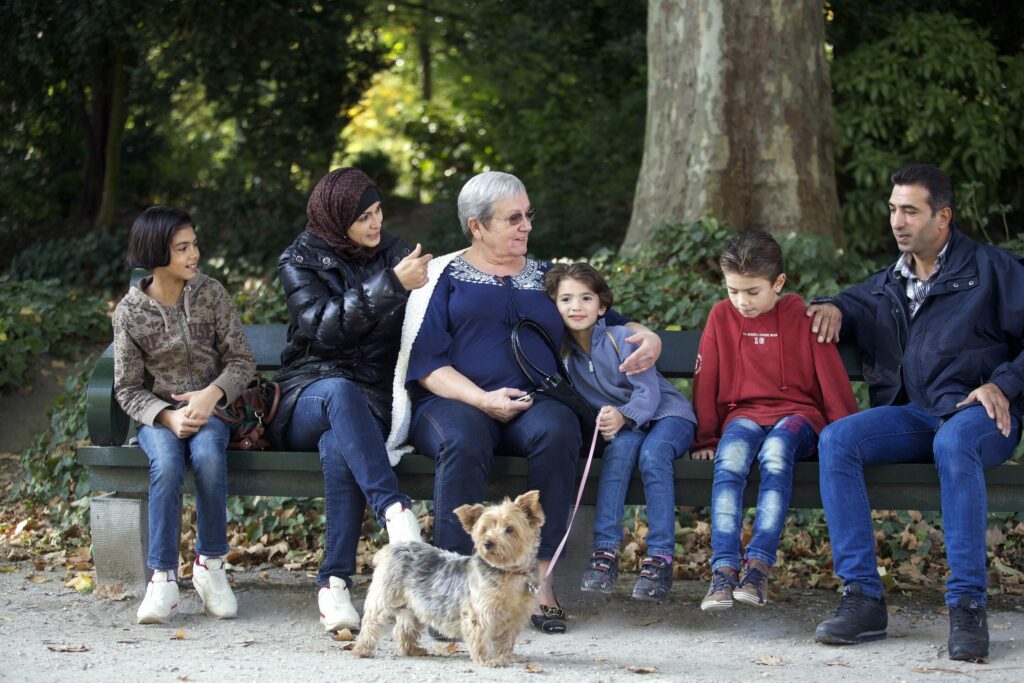Despite stricter measures, the number of visas obtained via family reunification in Belgium has risen for several years, hitting a new record in 2024. Families of refugees in the country make up the largest share of requests.
A total of 20,740 people from outside the European Union (EU) obtained visas to come to Belgium via family reunification last year, figures from the Immigration Department (DVZ) showed.
This is the highest number in more than 10 years, VRT NWS reported. Family reunification has traditionally been the main migration channel towards Belgium.
Who can apply?
Restrictions have been tightened so that today family reunification in Belgium can only take place with three types of relation: a spouse, a legally cohabiting partner, or a child who is a minor. If the applicant is a minor, they can apply for parents to come to Belgium. Many EU citizens also move to Belgium every year for family reunification, but they do not have to apply for a visa.
The person making the request must also prove that they can support themself and the family member(s) in question with a stable and sufficiently high income. This is currently set at at least €2,089 net per month – 120% of Belgium's living wage. The home must also be large enough. Meanwhile, rules around what proof of relationships are also strict, making it a long process.
Still, the number has been rising for several years. In 2022, around 16,000 such visas were granted; by 2023, that number had risen to almost 19,000.
DVZ said this is likely the result of a trend towards more legal migration, for example in the context of work or studies. Family reunification being on the rise is a logical consequence, as many people moving here for these reasons bring their families.
Family reunification with Belgians
Family reunification with a refugee saw the largest increase, from 2,000 visas in 2022 to 3,700 in 2023 to 5,714 visas in 2024. One in four visas were given to family members of a refugee last year. Recognised refugees get an exception from the strict rules. In the first year following recognition, they do not have to meet the strict conditions.
The number of applications made by Belgians is also on the rise, from around 1,700 in 2021 to just over 6,000 last year. The DVZ noted this increase can be explained by rising globalisation with more internationally composed families. However, most of the people coming to the country via these applications are Afghans and Syrians. This means the application is likely made by refugees who lived in Belgium for a long time and acquired Belgian nationality.
In some cases, other family members such as brothers, sisters or grandparents can also be eligible, but they receive a humanitarian visa and are not included in these figures.
Measures to further restrict access to family reunification are also on the table during the Federal Government negotiations. However, immigration law lawyer Benoit Dhondt told VRT NWS that the bar is already high. "When reuniting a family with a refugee, the costs sometimes exceed €10,000. For that price, someone can be smuggled here."

